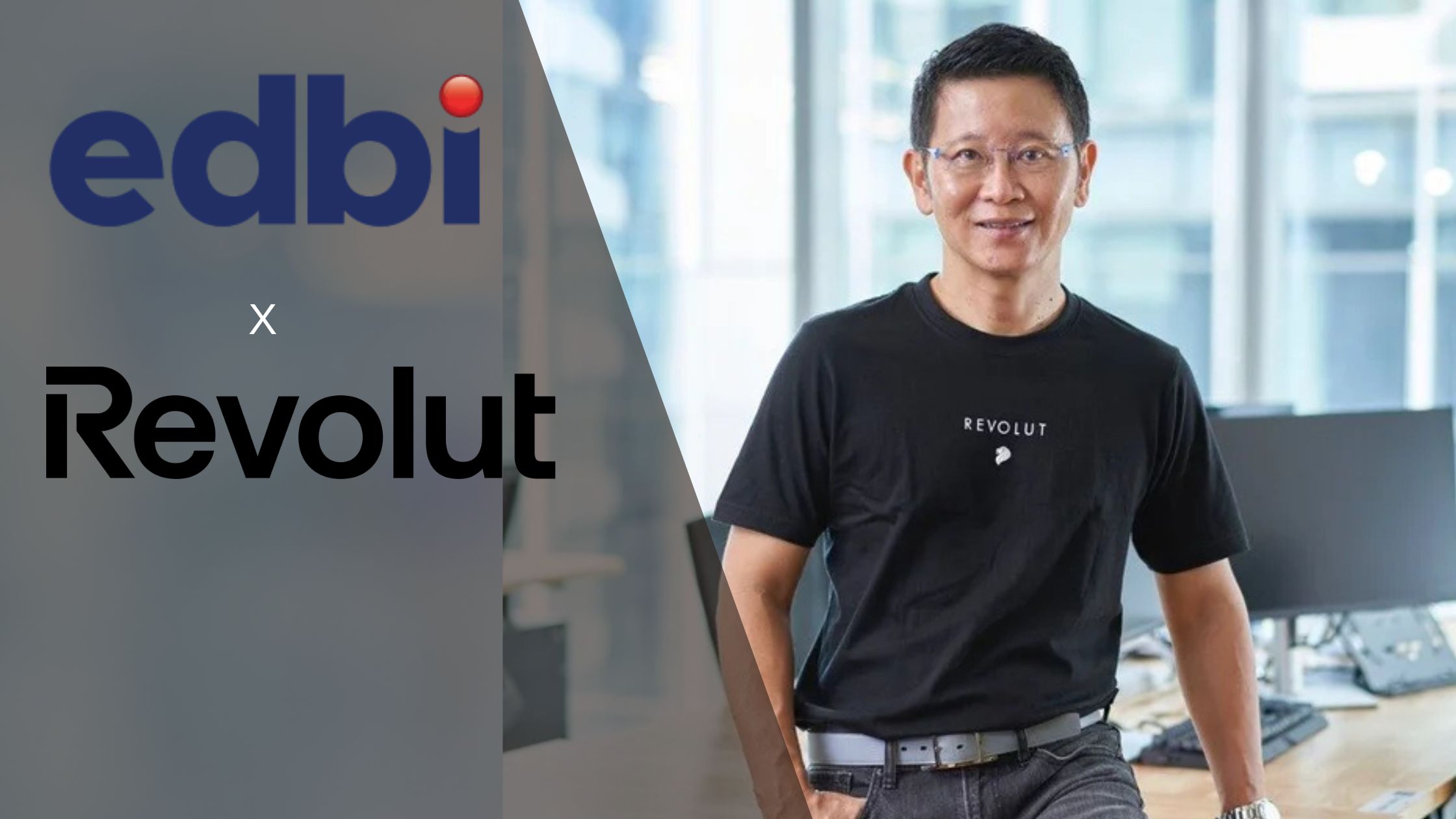AsiaTechDaily – Asia's Leading Tech and Startup Media Platform

Could seaweed replace plastic? Uluu’s A$16m bet to find out
The Australian startup will build a 10-tonne demo plant after a A$16 million Series A — promising climate-positive bioplastics, but facing supply, scale and certification tests.
Australian materials startup Uluu has closed A$16 million (US$10.5m) in Series A funding to move from a 100-kg pilot to a 10-tonne-per-year demonstration plant in Western Australia. The round, led by Burda Principal Investments and joined by Main Sequence, Novel Investments, Startmate and impact investors including Fairground and Trinity Ventures, is a clear signal: investors see commercial potential in turning seaweed into industrial bioplastics.
The story is simple: Uluu is transitioning from lab-scale innovation to real world proof-points where customers, costs and compliance will all be tested.
What Uluu makes and why it’s different
Uluu converts seaweed into PHAs — a family of biopolymers produced via fermentation with natural microbes. The material is positioned to match the performance of conventional plastics: strong, lightweight, waterproof and compatible with existing plastic manufacturing lines. Key claimed benefits are that the material is reusable, recyclable, home-compostable and marine-biodegradable, and that its lifecycle can be climate positive — Uluu cites potential to sequester/avoid ~5kg CO₂e per kg of material versus ~3kg CO₂e emitted by typical fossil plastics. If these figures hold at scale, the environmental upside is large: Uluu estimates potential to cut over 2 gigatonnes of CO₂ annually at global volumes.
Customers, use cases and commercial signals
Uluu already lists partnerships with brands across cosmetics, fashion and automotive — including Quiksilver, Papinelle and Audi. Those customers are useful validation: they show the material can meet product and brand requirements in sectors that care about performance and image. The demo plant’s 10-tonne capacity is not commercial scale, but it’s big enough to deliver samples and initial production runs that can convert pilots into longer term offtake agreements.
The upside: practical advantages for industry adoption
A few practical features give Uluu an adoption advantage:
- Equipment compatibility: Materials that work on existing lines lower switching costs for manufacturers.
- Regulatory and brand fit: Compostable and marine-biodegradable claims align with sustainability targets and marketing needs.
- Climate accounting: If lifecycle claims are verified, corporate buyers can count real emissions reductions in sustainability reporting.
These are the levers that could turn demonstrable samples into wider procurement contracts.
The real risks — what to watch for next
Uluu’s technology and early partnerships are promising, but several non-trivial challenges remain before seaweed bioplastics can scale commercially:
- Feedstock and supply chains. Producing thousands of tonnes a year requires reliable, scalable seaweed supply. That means ocean farming capacity, seasonal variability, logistics and sustainability rules for harvests. Contracting growers and ensuring year-round supply will be essential.
- Fermentation scale-up. Moving fermentation from pilot to industrial reactors often exposes issues such as contamination risk, yield loss and process variability. Demonstrating stable yields and consistent polymer properties at 10 tonnes (and later thousands) is technically challenging.
- Cost competitiveness. Bioplastics must be cost-competitive with petrochemical plastics or offer premium value in branded goods. The demo plant will show production economics, but a larger commercial facility will likely need much more capital and operational optimisation to reach competitive unit costs.
- Certification and claims verification. Home-compostable and marine-biodegradable claims require third-party testing and regulatory approval in many markets. Brands and regulators will expect clear evidence to avoid greenwashing allegations.
- Scale funding runway. A$16m funds the demo milestone, but a full commercial plant will need substantially larger investment and firm offtake commitments to justify that follow-on capital.
How Uluu can strengthen its path to scale (practical moves)
To convert technical promise into a durable business, Uluu should prioritise:
- Secure long-term seaweed supply via partnerships or vertical integration with growers to manage raw-material risk.
- Lock in offtake agreements with anchor customers — binding offtakes reduce commercial risk and make future fundraising easier.
- Independent lifecycle and biodegradability audits to underpin marketing claims and satisfy regulators and enterprise buyers.
- Process optimisation and yield engineering to bring down cost per kg during scale-up.
- Clear regulatory roadmaps for target markets (EU, US, APAC) to avoid surprises on compostability and marine degradation standards.
Conclusion — promising tech, practical road ahead
Uluu’s Series A is an important milestone for the nascent seaweed-based materials sector. The demo plant will be a vital reality check: it should reveal whether lab results translate into consistent production, predictable costs and credible sustainability claims. For startups and investors in Asia’s climate and materials space, this round is proof that capital is moving toward biobased alternatives — but the next test is industrial economics and verified impact, not just technology. If Uluu can clear the supply, process and certification hurdles, it could become a practical replacement for some single-use and specialty plastics. Until then, the company’s progress will be measured by real deliveries, transparent audits and follow-on commercial commitment.
Quick takeaways
- Raise: A$16 million Series A (led by Burda Principal Investments).
- Use of funds: Build a 10-tonne/year demonstration plant in Western Australia; move from 100kg pilot to pre-commercial output.
- Tech: Fermentation of seaweed + microbes to produce PHAs — reusable, recyclable, home-compostable, marine-biodegradable.
- Claims: Potential to avoid ~5kg CO₂e per kg vs ~3kg emitted by conventional plastics; up to 2+ Gt CO₂ avoided at global scale (company estimate).
- Customers: Early partnerships include Quiksilver, Papinelle, Audi.
- Main risks: seaweed supply scaling, fermentation scale-up, cost competitiveness, certification and funding for commercial plant.
- What to watch next: demo plant yields and consistency, third-party lifecycle audits, anchor offtake contracts and timelines for commercial expansion.



